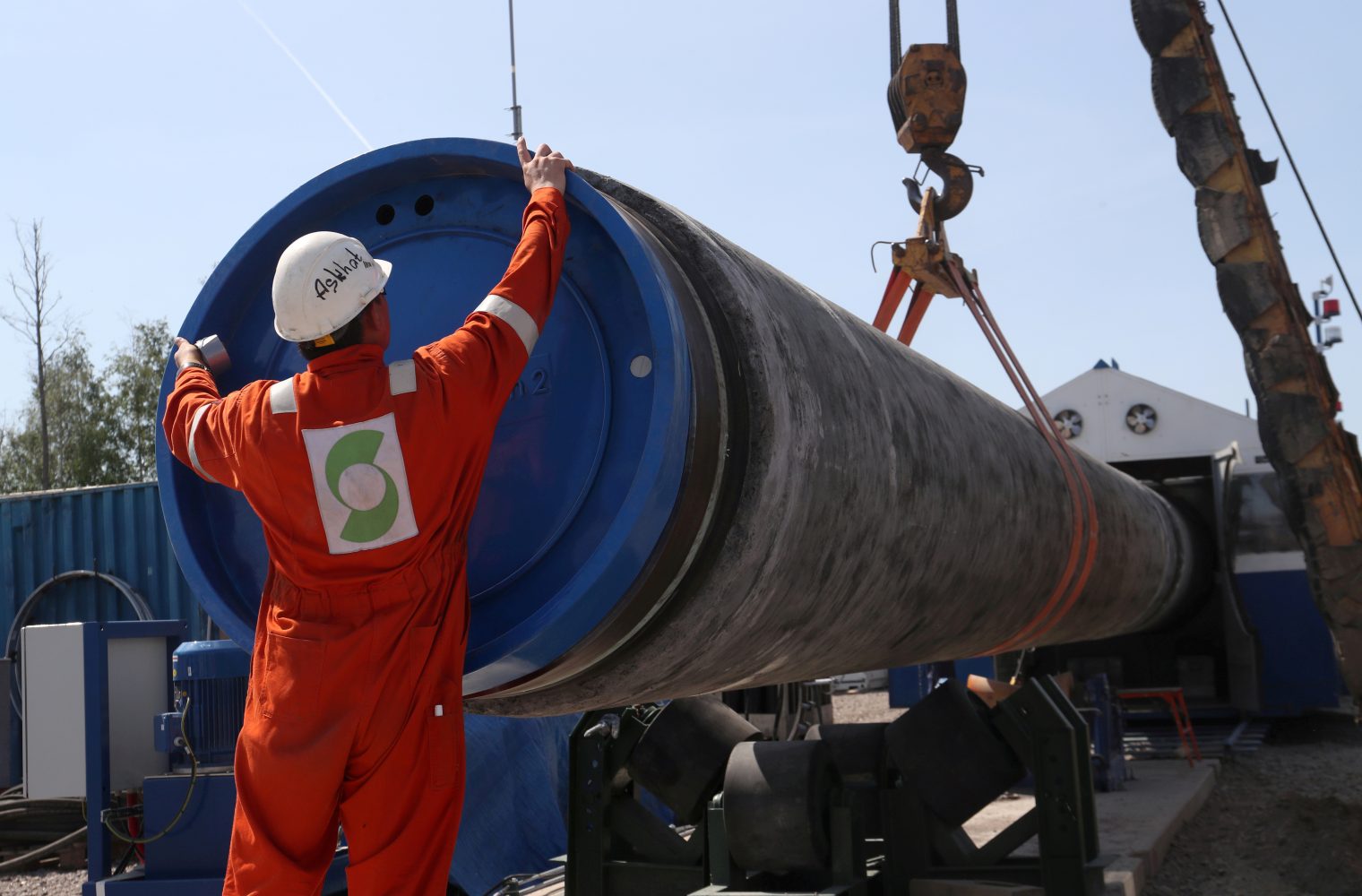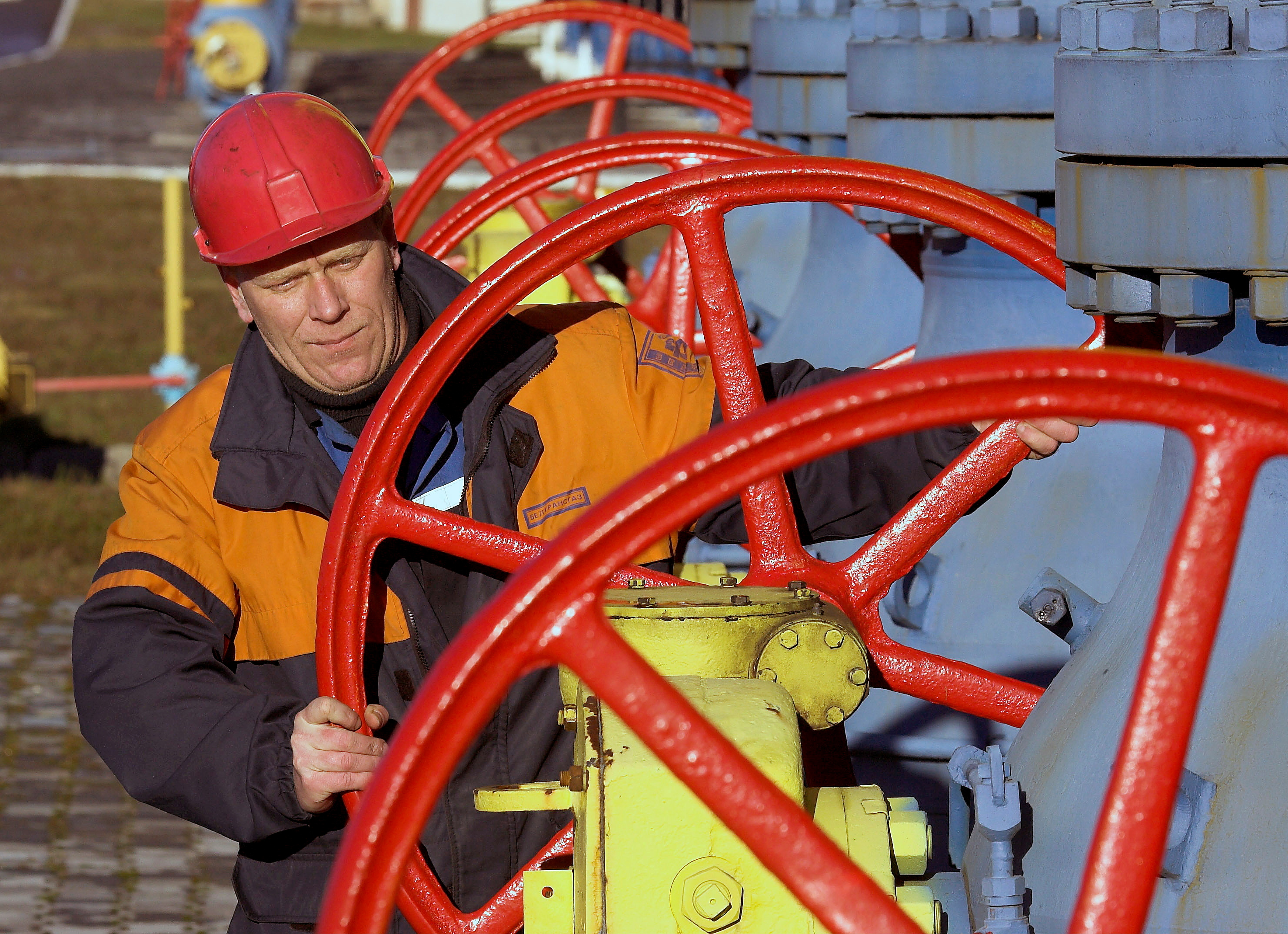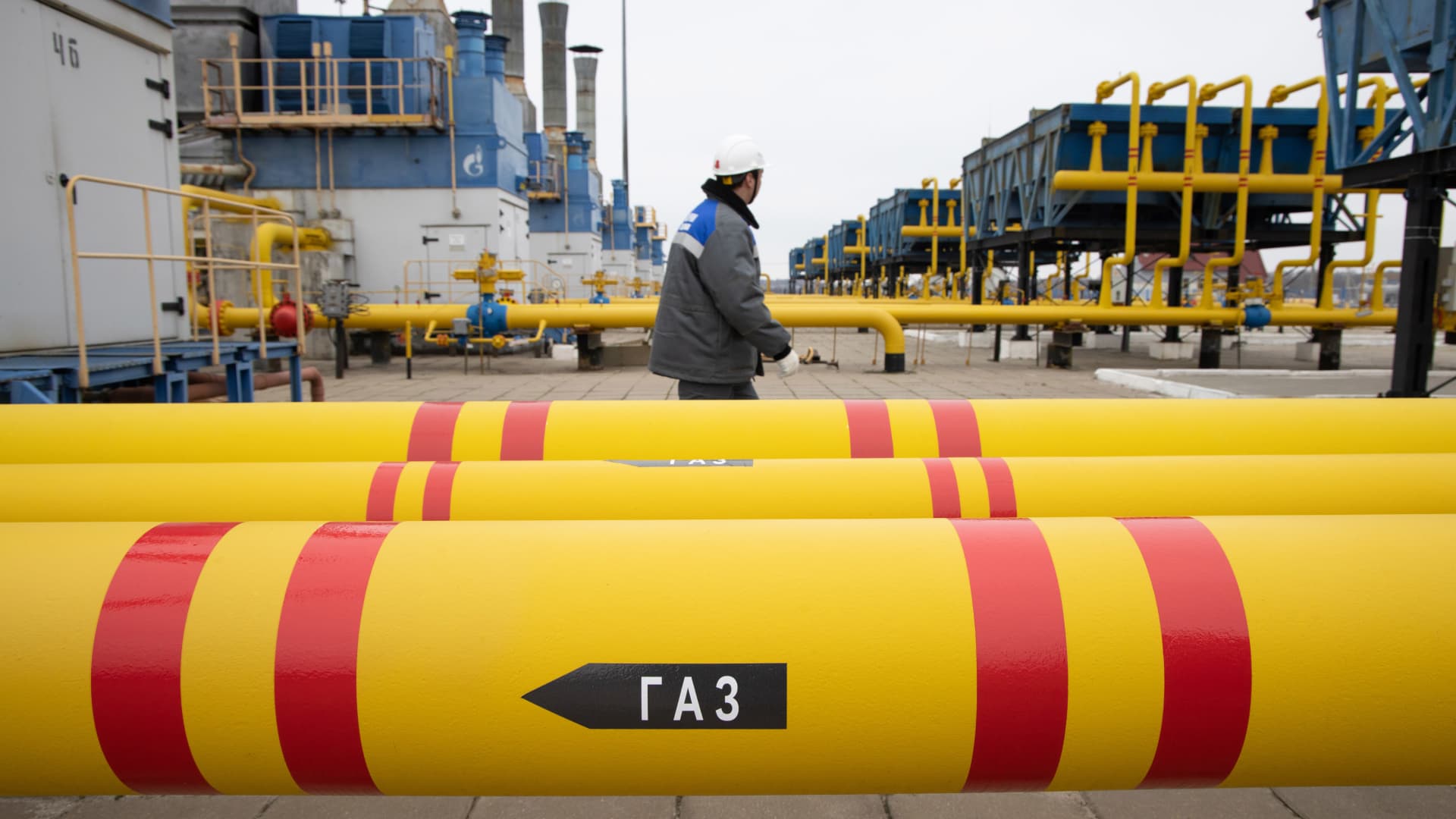Russia is constraining Europe’s gas supply, prompting a harsh and reluctant return to coal.

Russia is constraining Europe’s gas supply, prompting a harsh and reluctant return to coal. Reduced Russian gas supplies and the threat of a complete supply disruption have spurred several European governments to reexamine coal, one of the dirtiest and most polluting energy sources.
It has fueled worries that Europe’s shift away from fossil fuels may be slowed, despite politicians’ insisting that coal burning is an essential stopgap to help avert a winter supply problem.
In terms of emissions, coal is the most carbon-intensive fossil fuel, making it the most essential target for replacement in the transition to alternative energy sources.

Germany, Italy, Austria, and the Netherlands, on the other hand, have all stated that coal-fired power facilities may be utilized to compensate for a reduction in the Russian gas supply.
Coal-fired facilities may be utilized to make up for a reduction in Russian gas supply, according to Germany, Italy, Austria, and the Netherlands. Ahead of the winter, European countries are rushing to stockpile natural gas supplies in underground storage.
According to Mahi Sideridou of Europe Beyond Coal, “decades of unsuccessful energy and infrastructure policies have brought our governments to a place where they are (re)considering coal, a fuel that is responsible for millions of lives.”
Russia’s state-backed energy company Gazprom has reduced capacity via the Nord Stream 1 pipeline that runs beneath the Baltic Sea to Germany, blaming the delayed return of equipment repaired in Canada by Germany’s Siemens Energy. It’s unclear when — or if — Nord Stream 1 gas flows will resume normalcy.

German Economy Minister Robert Habeck called the government’s decision to limit natural gas use and increase coal use “bitter,” but said the country must do all necessary to store as much gas as possible ahead of winter.
According to Reuters, the Netherlands said on Monday that it would trigger the “early warning” phase of an energy crisis plan and lift an output restriction at coal-fired facilities to conserve gas.
Italy and Austria have also stated that they intend to burn more coal to compensate for a dramatic decline in the Russian gas supply.
The short-term option for Germany and many other European nations, according to Henning Gloystein, head of energy, environment, and resources at political risk consultancy Eurasia Group, is to access any sort of energy that isn’t Russian — “and unhappily, that does include… coal.

Gloystein said on Tuesday’s episode of “Squawk Box Europe” on CNBC that Germany has a considerable amount of lignite, the dirtiest type of coal, and that country would likely want to optimize that supply to prevent a winter gas crisis.
According to Gloystein, European authorities should be able to prevent energy rationing throughout the winter. But if Russian gas stops coming when it’s exceptionally cold, he said, “Things may turn pretty unpleasant.”
“Energy rationing is the worst-case situation. That would entail asking non-essential industries to cut back on consumption in the beginning in exchange for payment. The German government unveiled that strategy over the weekend, according to Gloystein.
The next stage would be to limit goods and services and ask people to consume far less, which is something that most people in Europe have never had to do, he said.
This is politically very poisonous and a bad condition to be in because it implies that over the winter, people will feel cold and, in some locations, if it is a cold winter, some people may die.
In order to supply households with adequate fuel to keep the lights on and houses warm over the winter, European governments are presently rushing to fill underground storage with natural gas supplies.
It is a part of a larger initiative by the bloc to swiftly decrease its reliance on Russian hydrocarbons in reaction to the Kremlin’s almost four-month-long assault in Ukraine. The EU now obtains around 40% of its gas from Russian pipelines.
Dmitry Peskov, a spokesman for the Kremlin, stated on Monday that Russia had gas ready to send to Europe, but that its equipment needed to be returned first. He called the current conflict a “man-made crisis” brought on by Europe.
Russian supply restraints have previously been characterized by Germany’s Habeck as a “political decision” meant to agitate the area and raise gas prices.
It’s critical to comprehend the timelines behind Europe’s choice to switch to coal, according to Lauri Myllyvirta, principal analyst at the Centre for Research on Energy and Clean Air. According to Myllyvirta, “Europe was caught off guard by the situation and many steps will be needed to get through the upcoming winter without Russian gas.”
“At the same time, the EU and many EU nations have responded to the crisis by accelerating the deployment of clean energy, meaning that we will cut the production of fossil fuels over the next several years considerably more quickly than was anticipated before the crisis.”
Myllyvirta continued by saying that there is room for the EU to do more in the short term to reduce the demand for fossil fuels, notably in buildings and transportation. However, it’s critical to remember that the crisis has already significantly hastened the shift to renewable energy.
The EU has announced that it expects to accelerate efforts to increase generation from renewable energy sources, such as wind and solar, while simultaneously looking for ways to diversify its gas supply in the wake of Russia’s conflict in Ukraine.
According to Mahi Sideridou, general director at Europe Beyond Coal, “decades of unsuccessful energy and infrastructure policies have brought our governments to a place where they are (re)considering coal, a fuel that is responsible for millions of lives as well as irrevocable climate harm.”

They must now make sure that any new restrictions are just transitory and that we are moving toward a complete coal-free Europe by 2030, she added.
Significant investments in renewable energy, including wind and solar, energy storage technologies, efficiency improvements, and more, according to Sideridou, are required. This is the only way, she said, that we can address the expense of living and climate issues and contribute to world peace.
Edited by Prakriti Arora




